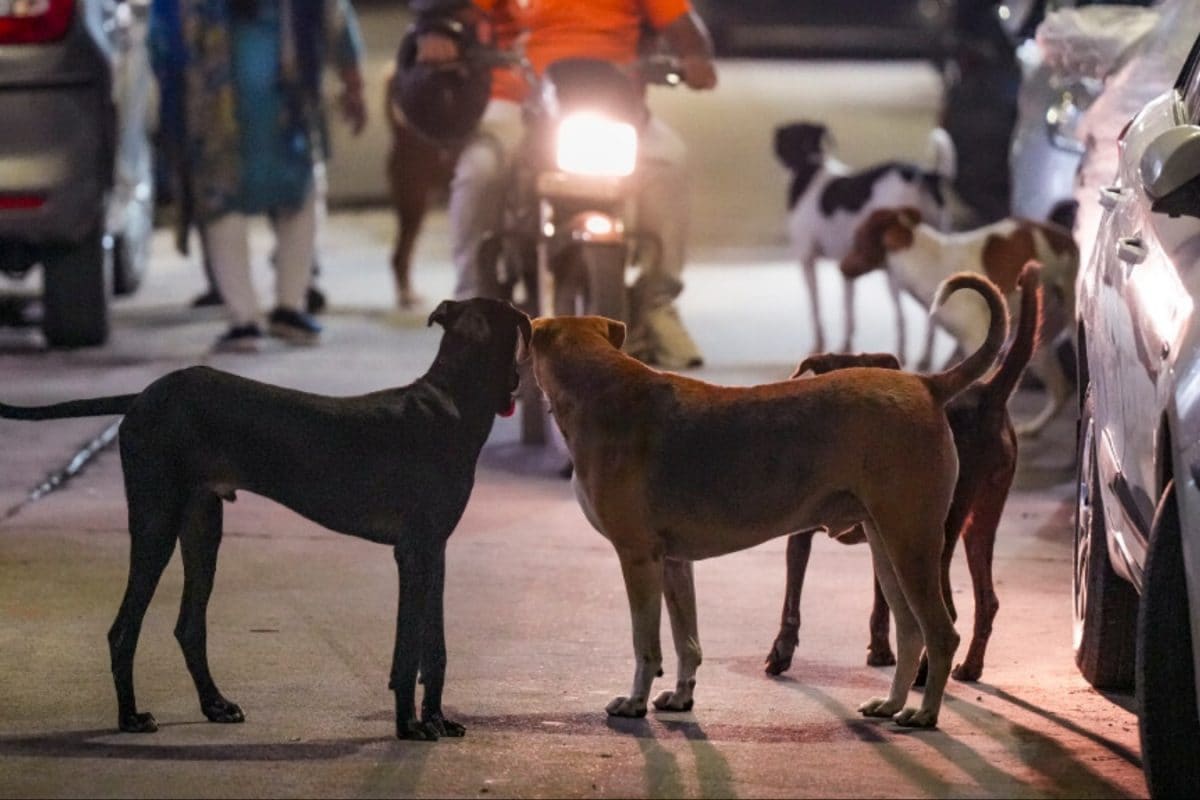

The Supreme Court's recent order mandating the removal of stray dogs from Delhi-NCR streets has ignited a nationwide debate, drawing criticism from animal rights activists, celebrities, and a segment of the public, while finding support among resident welfare associations and victims of dog attacks. The controversy prompted Chief Justice of India (CJI) B.R. Gavai to state on Wednesday, August 13, 2025, that he would "look into" the matter after an advocate raised concerns about the order's legality and consistency with previous judgments.
The Supreme Court's August 11 directive instructs Delhi government, the Municipal Corporation of Delhi (MCD), and the New Delhi Municipal Corporation (NDMC) to begin removing stray dogs from all localities in Delhi and shift them to animal shelters. The court emphasized that localities should be free of stray dogs without compromise, prioritizing the safety of infants and young children from rabies. The order came in response to reports of rising dog bite incidents and rabies deaths, including a "very disturbing and alarming" newspaper report about the death of a six-year-old girl due to rabies. The court has directed authorities to start with creating shelters for around 5,000 canines within six to eight weeks.
However, this decision has been met with strong opposition. Animal rights activists argue that the order is inhumane, impractical, and violates animal protection laws. They advocate for humane solutions like sterilization and vaccination programs, along with proper shelter facilities, instead of outright removal. Critics point out that the order contradicts the Animal Birth Control (Dogs) Rules, 2023, which mandate a "Capture, Sterilize, Vaccinate, and Return (CSVR)" methodology. They also highlight previous Supreme Court rulings that affirmed the importance of managing stray dogs in accordance with ABC Rules.
Several celebrities have voiced their disapproval of the order. Actor John Abraham penned a letter to CJI B.R. Gavai, urging a review of the directive and emphasizing that these dogs are community animals loved by many. Janhvi Kapoor, Varun Dhawan, and other Bollywood figures have also expressed their disappointment, calling the order inhumane and a "death sentence" for the dogs. Comedian Vir Das encouraged people to adopt stray dogs and support animal welfare NGOs.
Trinamool Congress MP Saket Gokhale has also written to CJI Gavai, requesting a stay on the Supreme Court's order. Gokhale argued that the directive contravenes the Animal Birth Control Rules, 2023, and urged for a committee of experts and stakeholders to devise a humane, consultative solution. He cautioned that the eight-week deadline makes it "almost impossible" to establish sufficient shelters, risking inhumane conditions for the stray dogs.
Supporters of the order, including Resident Welfare Associations (RWAs) and families affected by stray dog attacks, cite public safety concerns due to rising dog bites. They believe the relocation of stray dogs to shelters is a necessary step to protect citizens from potential harm.
The Supreme Court's directive has brought the complex issue of stray dog management in India to the forefront. The debate encompasses concerns about public safety, animal rights, the efficacy of different management strategies, and the role of local authorities in implementing humane and effective solutions. CJI Gavai's assurance to "look into" the matter suggests a potential re-evaluation of the order in light of the widespread concerns and conflicting perspectives.